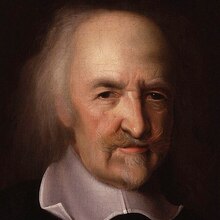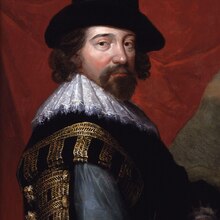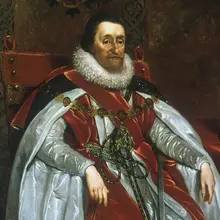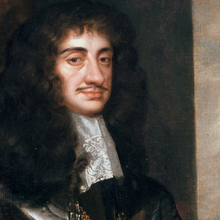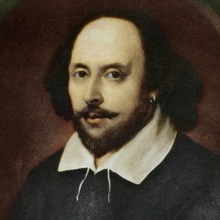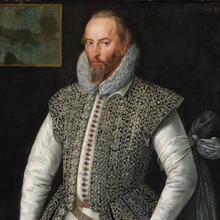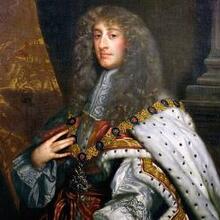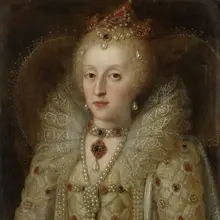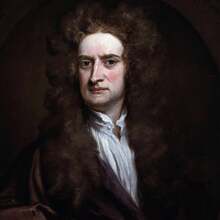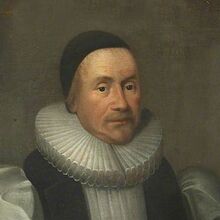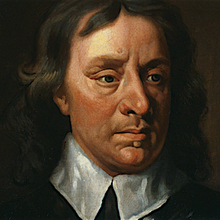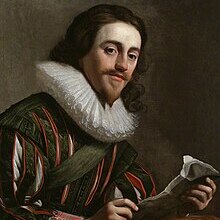
Personal
Other names:
Charles I of England, Scotland and Ireland
Job / Known for:
Monarch who ruled with absolute power
Left traces:
A civil war that divided the nation
Born
Date:
1600-11-19
Location:
GB
Dunfermline Palace, Dunfermline, Scotland
Died
Date:
1649-01-30 (aged 49)
Resting place:
GB
Death Cause:
Execution by beheading
Family
Spouse:
Henrietta Maria of France
Children:
Charles II; Mary, Princess of Orange; James II; Elizabeth; Anne; Henry, Duke of Gloucester; Henrietta, Duchess of Orléans⁴
Parent(s):
James VI and I; Anne of Denmark²
QR Code:
Show More
Rank
Users ranking to :
Thanks, you rate star
Ranking
5.0
1
Fullname
Charles Stuart
Slogan
Never make a defence or an apology before you be accused.
About me / Bio:
Show More
Article for Charles Stuart
Died profile like Charles Stuart
Comments:

